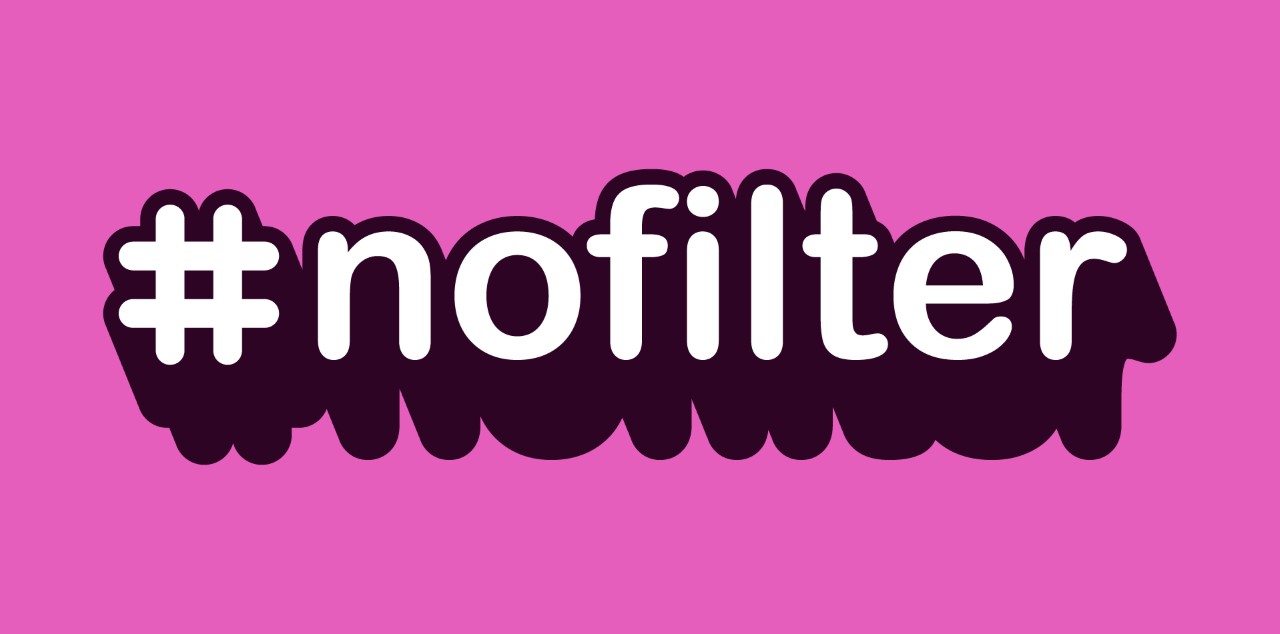As a generation that has grown up within a digital world, it is no wonder that we have taken to social media platforms so seamlessly. It is reported that 500 million people are logging onto Instagram daily, an estimated 2.7 billion people are users of Facebook and over 400 million Snapchat stories are created per day.
For the most part, we use these accounts to journal our own lives. We post about our holidays, graduations, weddings, birthdays, lazy-days, charity fundraisers, work milestones etc. It is how we connect with the world. For some people, social media grants them a career. Many influencers use their extensive followings to push products from large companies and organisations in return for some kind of professional gain. And of course, social media is also utilised by large companies to promote their own services or products. What is most apparent across all of these different usages is that we only see a brief glance of a specific reality. A pivotal and hugely popular way in which this is done is through the use of photographs.
It is shown that visual posts often achieve a better level of engagement than those that do not. For example, one particular study found that Facebook posts that included pictures gained 53% more likes and 104% more comments than those that did not. As trivial as it may seem, we do care about these statistics. Many people admit to deleting past posts when they haven’t received a ‘respectable’ number of likes. Facebook even provides an option for users to approve photos they have been tagged in before they are visible on their profiles. Instagram offers an option to hide certain photos from public view without completely deleting them. We care about how we look. We care what people think. But a lot of the time, we don’t want them to know that.
A trend that embodies this idea is ‘#NoFilter’, which essentially states that your photo has not been edited or altered. It seems to matter to us that our audience knows this fact. However, it is not strictly true.
Users are often particularly proud to post a #NoFilter photo as it allows them to reach out to a larger audience through its popularity. Currently, if you search the hashtag on Instagram it provides you with 256 million posts. However, the whole concept of the #NoFilter movement is problematic. The word filter itself is defined as ‘a function used to alter the overall appearance of an image in a specific manner.’ And arguably everything we post via our social media is altered in appearance in some way or another.
Generally speaking, when we take a photograph, we don’t just take one. Many people go through the motions of taking multiple and then going through to choose their favourite. We have our personal criteria of what makes a good photo. No one has their eyes closed, everyone is looking at the camera, it’s not from too low an angle, it’s not from too high an angle, the lighting isn’t too harsh or too light, there are no embarrassing clothing mishaps, and the list goes on. In this initial selection process, we are altering how we want our image to be seen. We are choosing our angle, our lighting, our personal pose and more. But many of these posts are still accompanied by the little hashtag we’ve become so familiar with.
It is unlikely we’ll see the hashtag vanishing from our screens anytime soon. But if anything, we can go away from this knowing that when we see these ‘natural’ posts they are more often than not a carefully posed, structured and selected photo.


